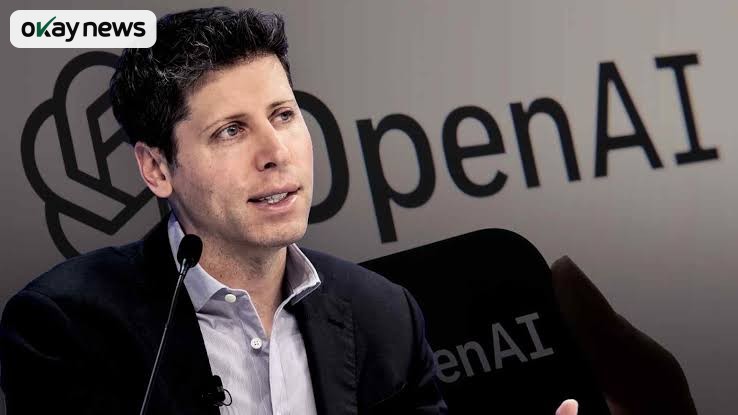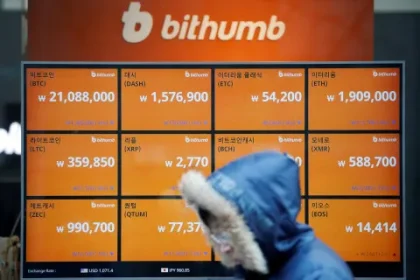Facebook’s Internet.org has loosened the stranglehold on its free internet service in India and other countries.
Now potentially any website can be accessed for free via the service as long as the site ditches HTTPS, JavaScript, and other things.
The social network offers free mobile internet access to people in India, Tanzania, Kenya, Colombia, Ghana, and Zambia – provided they have a phone that can run the Opera web browser, it can connect to a mobile data network, and they stick to 38 selected websites – which range from Facebook and Wikipedia to health-information sites and a Reuters feed of farm prices. People visiting sites via Internet.org will not be billed for their mobile data use.
It sounds nice, but as many have complained, it is a touch anticompetitive, and runs roughshod over the principle of net neutrality – a principle Facebook fully backed last May.
A web startup in India that isn’t on the Internet.org list will have little to no hope of getting off the ground against a rival that is, for example.
Last month, while defending Internet.org to net neutrality supporters, Facebook CEO Mark Zuckerberg said offering a little bit of the internet for free was better than none. He also defended the walled garden approach, claiming it was necessary for technical reasons.
Today, Zuck U-turned and announced that any website can apply to join the Internet.org list, provided it complies with the rules. (The exodus of businesses from the Internet.org program over the net neutrality principle may well have helped change Zuckerberg’s mind.)
Among those rules: no encrypted connections. Facebook explained that because all the on-the-house web traffic has to go through Internet.org’s proxy servers, it cannot support HTTPS (SSL/TLS). Sites will either have the encryption stripped, or will be flat out rejected from the program. (So much for “a continued commitment to security.”)
Other banned content types include JavaScript, SVG images and WOFF fonts, iframes, video and large images, Flash files, and Java applets. Any VoIP, file transfer, or high-volume photo sites will also be rejected.
The social network reckons this is needed to squeeze web traffic over slow mobile links in rural, under-developed areas.
Facebook has posted a full set of technical guidelines for web developers to follow if they want their sites added to the program. Under the more general guidelines, Internet.org says it prefers sites capable of running efficiently over 2G.





